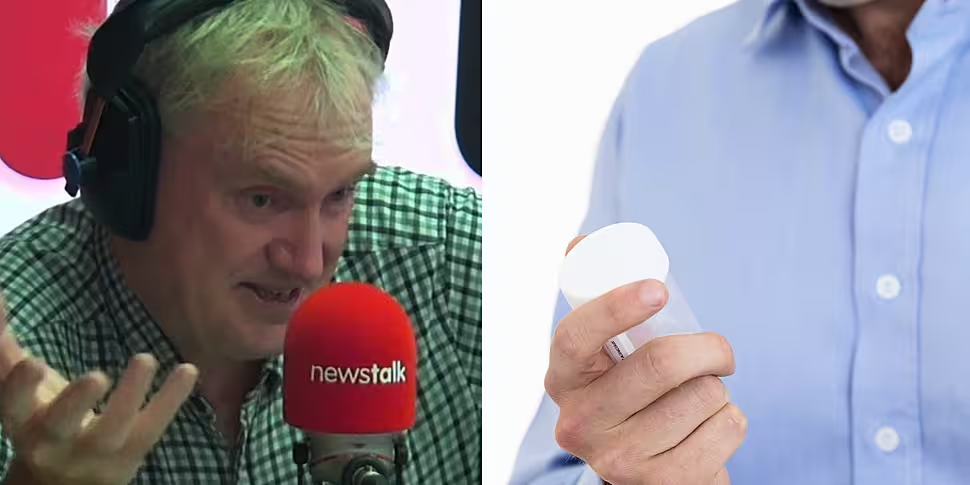Should men freeze their sperm?
As people start families later and later in life, it is a question that is increasingly being raised by men who want to become fathers but have yet to meet the love of their life.
On The Pat Kenny Show, Trinity Professor Luke O’Neill said the loss of fertility with age is “more serious” for women, but still something that men need to think about.
“The evidence is, as you get older, especially over 50, the sperm begins to be less effective,” he explained.
“So, even though you are making it fresh, it’s getting older.”
Professor O’Neill continued that men are currently much less fertile than they would have been in previous generations.
“There’s a shocking thing happening all over the world, the sperm count is falling anyway - across all age groups,” he said.
“It’s a big worry, it’s halved.”
 A newborn baby. Picture by: Alamy.com.
A newborn baby. Picture by: Alamy.com.The reason behind this staggering decline in fertility is something that scientists are still trying to work out.
“Is it pollution? Is it climate change? Who knows?” Professor O’Neill said.
“They still haven’t fallen so much that a young man would be infertile as much - some men are, of course.
“That’s a worry; if that continues our species is [threatened].”
According to the US National Institute of Medicine, a man sperm count declines by between 0.2% and 0.9% % a year.
However, Professor O’Neill noted that it is not until middle age that the quality of a man’s sperm begins to drop.
“One study showed 4,271 men were analysed across different ages,” he said.
“They noticed, when you get over 50, then the sperm quality begins to go down.
“So, the recommendation would be, in your 20s might be the time - that might be the time to freeze the sperm.”
 A young baby. Picture by: Alamy.com.
A young baby. Picture by: Alamy.com.Professor O’Neill added that this advice is “controversial” given how many men become fathers much later in life.
“We all know examples of older men, still well able to fertilise the eggs,” he said.
“Robert De Niro, Mick Jagger.
“But the truth is, on average, the sperm begins to go off a bit and fertility begins to go down.
“So, maybe you should freeze your sperm.”
Unlike the cost of freezing a woman’s eggs, Professor O’Neill said is it much more affordable to freeze sperm.
“There’s a US company,” he said.
“It’s $300 a year to store your sperm, so if you were to email them, they’d send you a little tube.
“You produce the goods, then you send that to America and it’s frozen for you in an American fridge.”
Main image: Split of Luke O'Neill and a man carry a plastic tube for a sperm sample. Pictures by: Newstalk and Alamy.com.
Read more:









